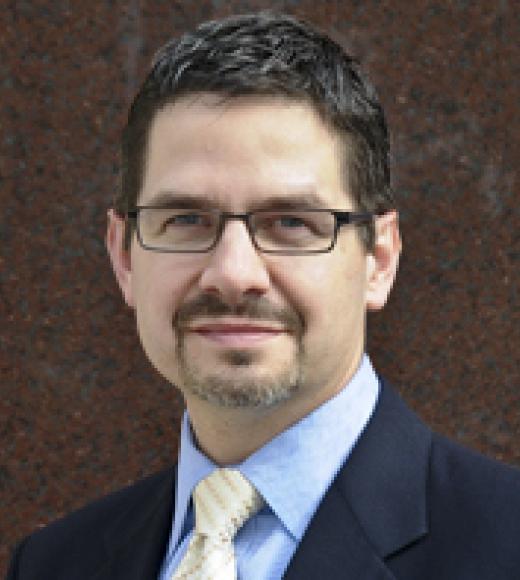
Position Title
Chair, Department of Otorhinolaryngology – Head and Neck Surgery
Gabriel Tucker Professor of Otorhinolaryngology
- Department of Otolaryngology
- University of Pennsylvania Health System
Philosophy of Care
I take great pride in offering our patients the highest quality of care that is based on the latest research and cutting edge technologies. By working hard to communicate the treatment options, I do everything possible to make sure the patient feels comfortable with their treatment. Whether it is our minimally invasive approaches to thyroid and parathyroid surgeries, the use of the robot in cancer treatment, or our comprehensive reconstructive techniques, I strive to do everything possible to treat my patients in a manner that gives them their absolute best chance of cure while optimizing their functional and cosmetic results.
Clinical Interests
Dr. Farwell's clinical practice centers on the comprehensive management of head and neck malignancies including thyroid and parathyroid surgery. He has special interests in laser and robotic microsurgery of upper aerodigestive tract tumors and reconstructive surgery after traumatic and oncologic defects. His comprehensive approach to patient care allows the entire gamut of reconstructive surgery to be utilized to optimize his patients functional and cosmetic results. He has worked extensively on improving patient functional outcomes with microvascular organ replacement strategies and rehabilitation with coordinated speech and swallowing therapies available here at UC Davis.
His research endeavors include multiple collaborations with the UC Davis Department of Biomedical Engineering working on noninvasive and minimally invasive technologies to diagnose neoplasms, unique approaches to therapeutic drug delivery to neoplasms, and high-resolution imaging technologies. He also works closely with colleagues in the Department of Radiation Oncology and Medical Oncology to evaluate novel treatment strategies to minimize side effects and maximize patient functional outcomes.
Research/Academic Interests
Our first line of research is an RO1 NIH Grant evaluating noninvasive fluorescence of tissue during robotic surgery to improve cure and maximize function in patients with cancers of the tongue and tonsil. This has tremendous potential to improve our ability to completely remove a tumor while allowing us to leave as much normal tissue behind as possible to improve our patients' quality of life.
We are also looking at new biochemical compounds that can "light up" the cancers and also be used to treat the compounds through new technologies. We are incredibly excited about the opportunities associated with this approach.
We are also working on multidisciplinary research looking at thyroid cancer to better understand patients at high risk for aggressive disease so that we can customize our treatment to each patient.
- M.D., Washington University School of Medicine, St. Louis MO, 1994
- B.A., Drury University, Springfield MO, 1990
- Fellow of the American College of Surgeons